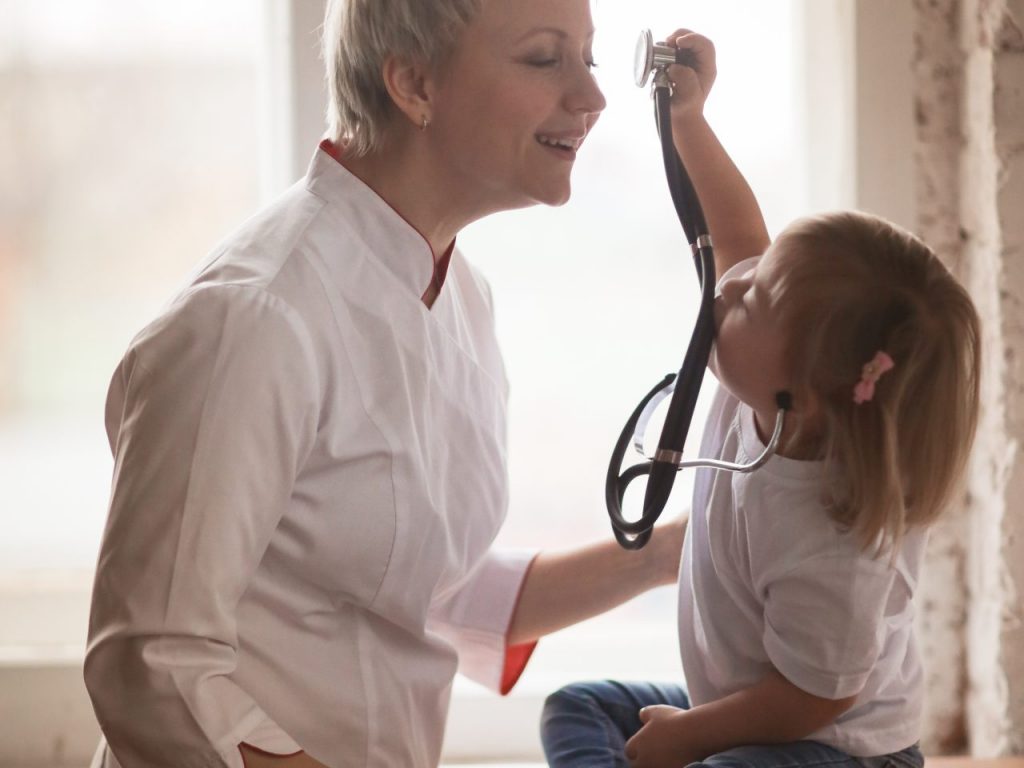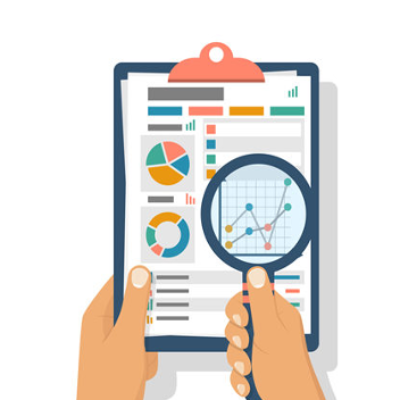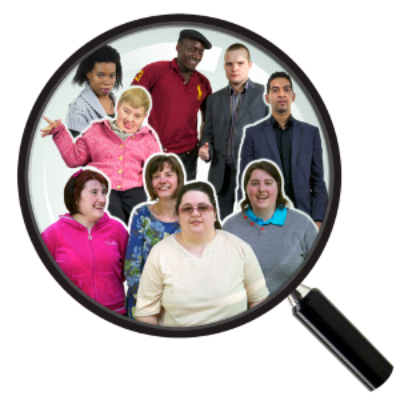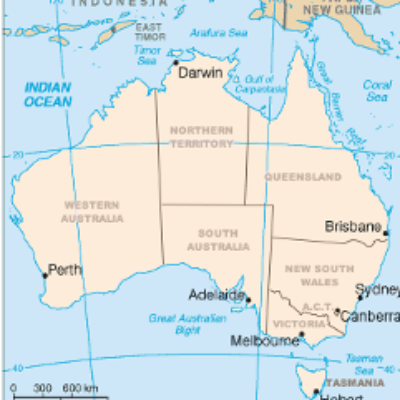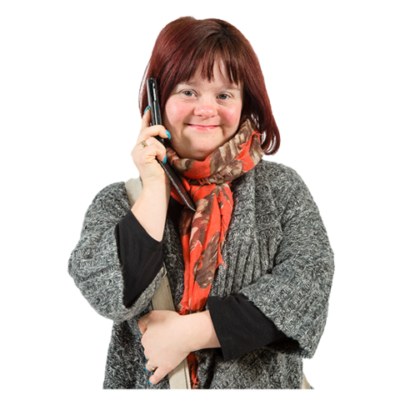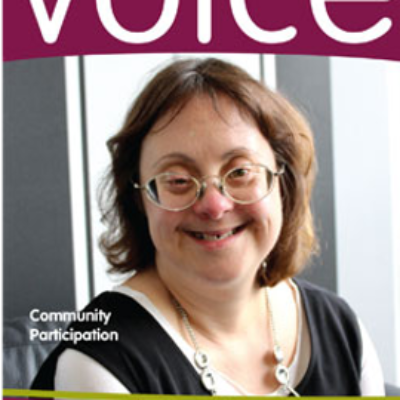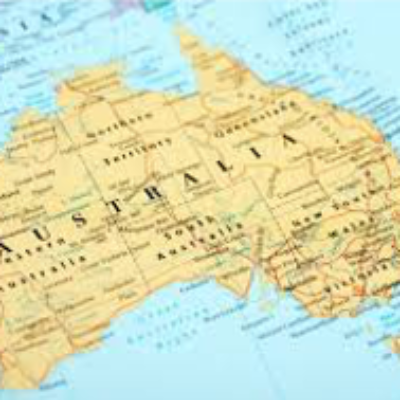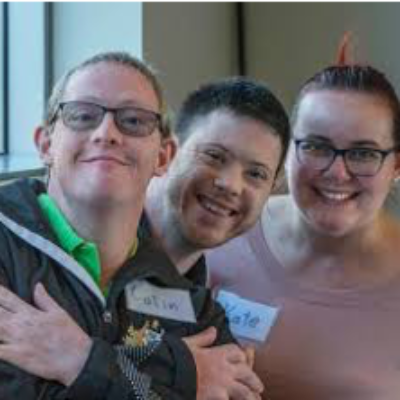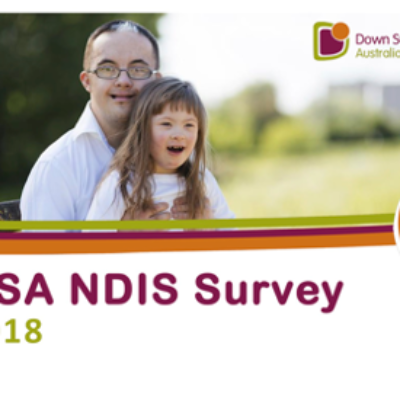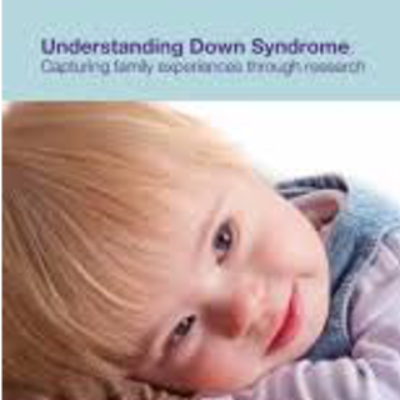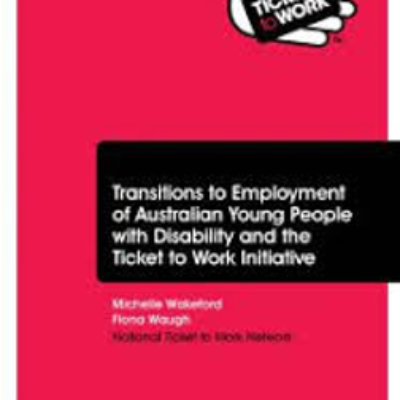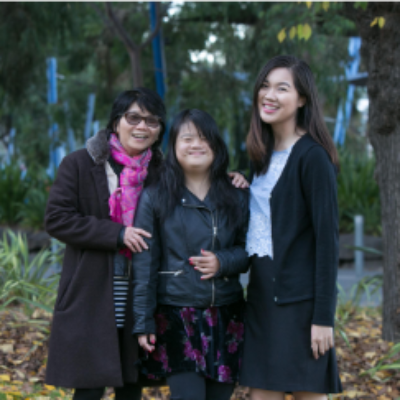Down syndrome research

Looking for participants for your research?
Down Syndrome Australia supports research that aims to improve the lives of people with Down syndrome and their families. We provide information about national research projects to our community through social media and our newsletters if they meet our criteria.
Please email info@downsyndrome.org.au to promote a national research project. If you are recruiting for a State-based project, please get in contact with the relevant state organisation.
Involving people with Down syndrome and their families in developing research
Down Syndrome Australia supports the involvement of people with Down syndrome and their families in all stages of research.
The NHMRC statement on Consumer and Community Involvement in Research outlines the importance of consumer involvement in research.


Share your research findings with our community
Down Syndrome Australia invites you to get in touch if you would like to share information about your research with our community.
We are happy to share plain English summaries of research through our newsletter or the Voice journal.
If you are interested in sharing your research, please contact us at info@downsyndrome.org.au.
Get involved and support Down syndrome research
Find out more about research projects you can get involved in and help generate new research outcomes.
Links to Relevant Research
Down Syndrome Societal Services and Supports survey The DS-4S measures country-specific supports for people with Down syndrome across multiple life domains (healthcare, education, policy, independence, and community inclusion). The DS-4S can now be used to track countries’ progress over time and to determine which countries have best practices that might be replicated. Find out about the results and outcomes (Kats et al, 2024).
Estimation of the number of people with Down syndrome in Australia and New Zealand This study provides data from Australia and New Zealand on the effect of selective terminations on birth prevalence and population prevalence of people with Down syndrome (de Graaf et al, 2022).
The Down Syndrome Research Program (DSRP) (University of Queensland) is believed to be the oldest, most complete study of its kind anywhere in the world. The program began tracking all babies born with Down syndrome in the late 1970s in the greater Brisbane region, with a matched cohort of typically developing children. You can find out information about their latest research and project here.
2018 Down Syndrome Australia NDIS Survey. Down Syndrome Australia’s 2018 national survey found that people with Down syndrome and their families are receiving more support than ever before. It also found that some people are having a hard time accessing the NDIS and that planners do not always have enough knowledge about Down syndrome. You can read the 2018 National Survey Results here.
The Down Syndrome NOW (Needs, Opinions, Wishes) Report & Understanding Down Syndrome: Capturing Family Experiences Through Research. In 2004, researchers at the Telethon Institute for Child Health Research conducted an important study on the health, needs and functioning of children and young people with Down syndrome. The Down Syndrome Needs Opinions Wishes Study Report, 2007 provides information about support needs and medical conditions for different age groups.
The Transitions to Employment of Australian Young People with Disability and the Ticket to Work Initiative. The Transitions to Employment report provides information about how students with a disability move from school to work including information about a successful project which supported that transition.
A 2011 study which surveyed people with Down syndrome about their lives (Skotko, 2011) found that: Among those surveyed, nearly 99% of people with Down syndrome indicated that they were happy with their lives, nearly 99% people with Down syndrome expressed love for their families, and 97% liked their brothers and sisters.

